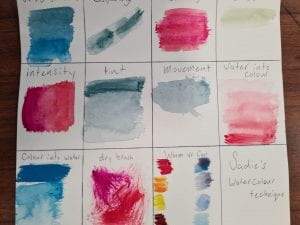Kia Ora
This month is kidney health awareness month, and it’s all about learning more about your kidneys and having the talk with your family about donating your kidneys when you pass.
One of the big ones is that ticking Yes, to kidney donation on your driver’s license doesn’t actually mean you will be able to donate. Your family will have the final say. So we have been encouraging people to have the conversation to make sure their family and loved ones know that you would wish to donate your organs and kidneys. On average, in New Zealand, the wait for a Kidney transplant is around three-four years so that’s why it’s so important that we donate our organs to help the ones in need because around 4745 people die on the transplant list each year. To be able to donate your kidneys you will need to have the same blood type and tissue group as your recipient.
There are currently 121,678 people are currently on the waiting list to get a kidney transplant all around the world. On average 20,000 people in the U.S donate their kidneys each year and currently a kidney transplant cost around 80,000 dollars for the first year and 10,00,-15,000 in each subsequent year, mostly from anti-rejection drugs.
How do I know if I have Kidney failure? well people will experience a lot of things abnormal if they have kidney failure such as Decreased urine output, although occasionally urine output remains normal, Fluid retention, causing swelling in your legs, ankles, or feet, Shortness of breath, Fatigue, Confusion, Nausea, Weakness, Irregular heartbeat, Chest pain or pressure, Seizures, or coma in severe cases. So those will most likely be most of the symptoms of kidney failure.
So have a talk with your Whānau about donating your kidneys when you pass and do everything that is needed to become a donor and who knows you might save around 4 people.
For more information, this website is about kidney donations.

 Things I probably need to do better
Things I probably need to do better

